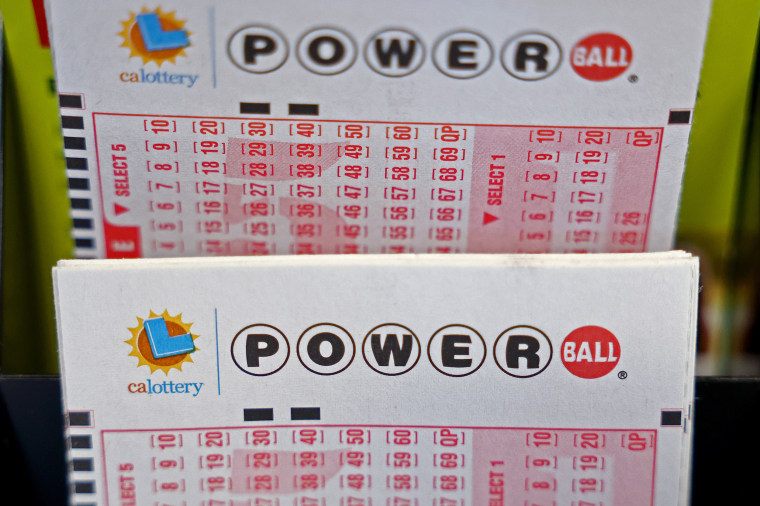An ever-expanding Powerball jackpot will roll over after Saturday night's drawing resulted in no winners for the grand prize, leaving an estimated $810 million prize for the new year.
Saturday night’s Powerball drawing offered an estimated $760 million jackpot, the game’s sixth largest, but came and went for the 34th consecutive time without a winner.
The last time a jackpot was won was in October, and it was the second highest in the game’s history — $1.765 billion before taxes.
The next drawing will be held Monday.
In 2016, Powerball became the first multi-jurisdictional draw game to surpass $1 billion in jackpot winnings, when three tickets split a $1.586 billion prize.
Last year, the game achieved the world record amount for a government lottery jackpot, $2.04 billion. A winning ticket was purchased in California.
This year will close without beating that record, but the numbers were unlikely to disappoint winners: Saturday night’s jackpot was the fourth one this year to exceed $700 million.
Of course, those numbers can be deceiving, as they’re all pretax, and assume winners are willing to take their prizes in annuity payments instead of claiming a much lower upfront sum.
In the case of Saturday’s potential jackpot, the pretax, upfront sum was estimated to be $383.6 million. With the expanding amount rolling into the new year, the upfront take was estimated at $408.9 million.
Powerball has produced growing jackpots and expanding stretches on the calendar without a winner, intentionally so. The game was redesigned in 2015 to grow its jackpot.
Victor Matheson, an economics professor at College of the Holy Cross, said earlier this year that organizers have added number balls to drawings, doubled the price of tickets to $2, and shifted more money to the grand prize, bolstering the era of the big jackpot.
The game started in 1992 with 14 states and the District of Columbia and now has near-total coverage of the United States, the professor noted.
It all adds up to more anticipation and excitement, but odds are slim: 1 in 292.2 million. The odds of becoming president are better (assuming everyone in the U.S. has an equal chance to win).
“What that means is that you can have a really, really, really hard-to-win lottery,” Matheson said.

